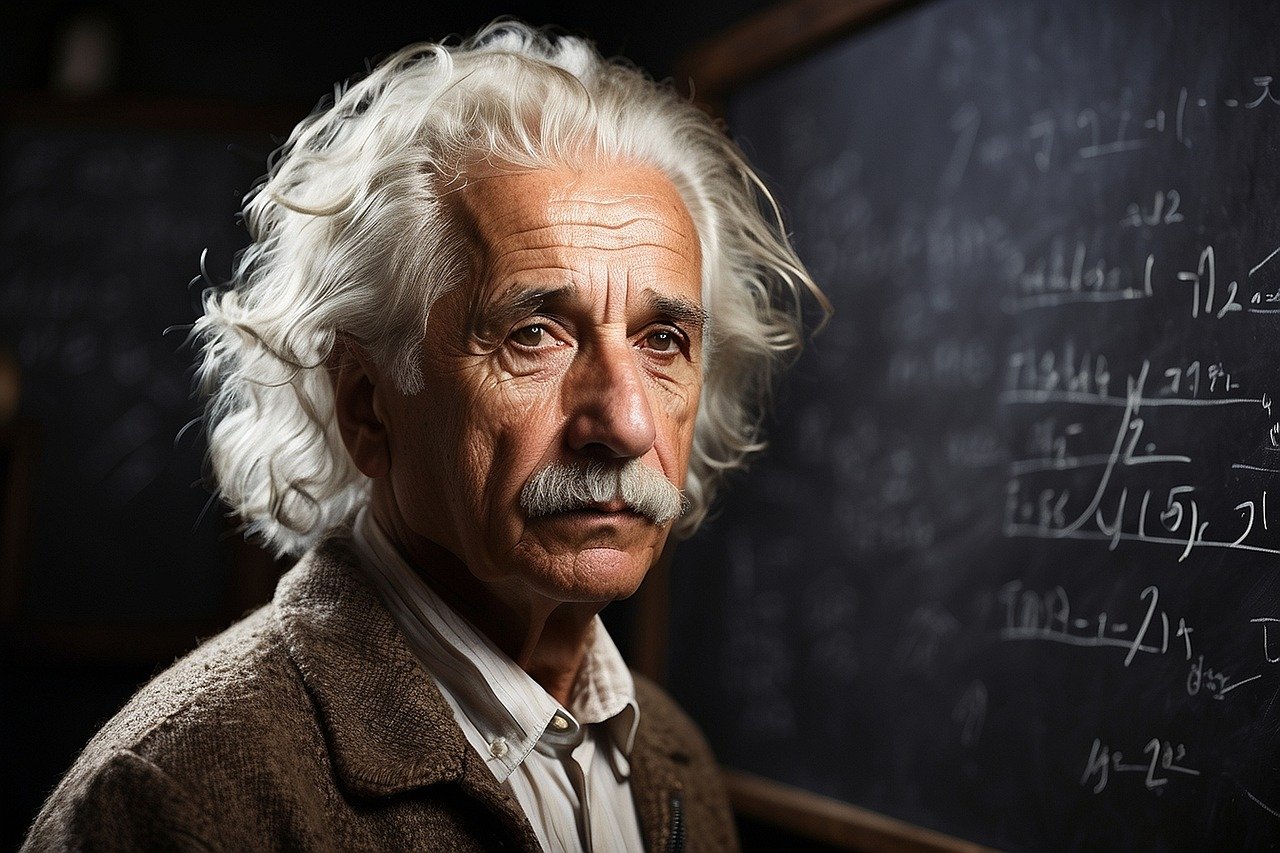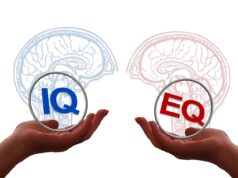When we think of Isaac Newton and Albert Einstein, we often imagine towering figures whose intellect revolutionized how we understand the universe. Newton’s laws of motion and gravitation and Einstein’s theory of relativity forever altered the landscape of physics and continue to influence modern science.
But what if their genius wasn’t just a gift, but a product of deep-seated psychological forces? Specifically, how did childhood trauma shape these extraordinary minds and drive their obsessive pursuit of truth?
The link between trauma and the need for control and understanding is well-documented in psychology. For many, the chaos and instability experienced during formative years can result in a deep-seated drive to find stability, often through intellectual or creative outlets.
For Newton and Einstein, this drive may have manifested as their relentless search for universal laws that govern nature, a way to impose order on a world that seemed, in their childhoods, emotionally unpredictable.
Isaac Newton: Abandonment and the Quest for Order
Isaac Newton’s early life was marked by significant emotional trauma. Born in 1642, Newton never knew his father, who died before he was born. When he was just three years old, his mother remarried, leaving him to be raised by his maternal grandmother.
This abandonment by his mother left deep emotional scars on young Newton, and throughout his life, he harbored resentment toward her. This experience of early abandonment and emotional isolation may have shaped Newton’s personality and fueled his obsessive drive for control and mastery in his intellectual pursuits.
As an adult, Newton was known for his intensity and single-mindedness. His work in mathematics, physics, and even alchemy displayed a relentless need for precision and certainty. It’s possible that Newton’s need to impose order on the natural world was a response to the emotional chaos of his early years.
By discovering universal laws—such as his laws of motion and gravitation—Newton could create a world in which everything had structure, stability, and predictability, compensating for the unpredictability of his emotional landscape.
Psychologically, Newton’s work can be seen as an attempt to master his environment, both intellectually and emotionally. His meticulous approach to scientific discovery, and his desire to understand the fundamental laws that govern the universe, could be viewed as a way of regaining control over the emotional upheavals of his childhood.
His trauma may have pushed him to seek an unyielding truth, one that would never leave or abandon him like his mother did.
Albert Einstein: Emotional Distance and the Drive for Nonconformity
While Albert Einstein’s childhood was not marked by the same level of abandonment as Newton’s, he, too, experienced emotional challenges that may have contributed to his later success. Einstein’s early years were characterized by isolation.
He reportedly did not speak fluently until the age of four, causing his parents to worry about his development. As a child, Einstein felt different from those around him, and this sense of being an outsider shaped his early experiences.
Einstein’s relationship with his father was emotionally distant, and his father’s business failures weighed heavily on him. This emotional disconnect likely influenced Einstein’s internal world, pushing him to find a sense of self through intellectual achievement. His struggles in the rigid, authoritarian German schooling system only further alienated him from those around him, reinforcing his sense of misfit identity.
This feeling of disconnection from conventional structures may have driven Einstein’s rebellious approach to thinking. His theory of relativity, which redefined space, time, and gravity, was a monumental departure from the established ideas of classical mechanics.
Einstein’s nonconformity and willingness to challenge the prevailing scientific norms reflected his lifelong sense of being on the outside looking in. Perhaps, in seeking to understand the fabric of the universe, Einstein was also seeking to understand his own place within a world that had always made him feel different.
Like Newton, Einstein’s early emotional challenges may have spurred his need to find truth in an unpredictable world. His quest for understanding the universe’s laws might have been an intellectual outlet for addressing the emotional uncertainties of his youth.
Trauma as a Catalyst for Genius
Both Newton and Einstein faced significant emotional challenges during their formative years. While their childhood traumas were different, the effect was similar: a deep-seated need to find stability and understanding in a world that had, at times, seemed chaotic or unwelcoming.
From a psychological perspective, their childhood experiences may have acted as catalysts for their extraordinary intellectual achievements. For Newton, the trauma of abandonment may have pushed him to find control and certainty in his scientific pursuits. For Einstein, feeling like an outsider may have fueled his desire to challenge norms and redefine the boundaries of human understanding.
What these two great minds share is not just their genius but the persistence and obsessive drive that likely stemmed from their early emotional struggles. In their pursuit of universal truths, both Newton and Einstein were, perhaps, also seeking personal resolution—a way to make sense of a world that had, in their youth, seemed unstable and unpredictable.
Conclusion: The Power of Persistence Born from Adversity
The lives of Isaac Newton and Albert Einstein suggest that childhood trauma may be a powerful force in shaping the way individuals approach the world. While not everyone who experiences trauma becomes a genius, for Newton and Einstein, these early emotional challenges may have provided the raw motivation behind their persistent pursuit of truth.
Their stories remind us that intellectual brilliance is not just about innate ability but also about the internal forces that drive one to persist through failure, uncertainty, and doubt. In seeking to understand the universe, Newton and Einstein were, in a sense, trying to impose order on the chaos they had felt in their formative years—a reminder of the complex relationship between trauma and triumph.
Ultimately, the pursuit of truth may not be purely intellectual; for some, it may also be a deeply personal journey toward healing and understanding.








